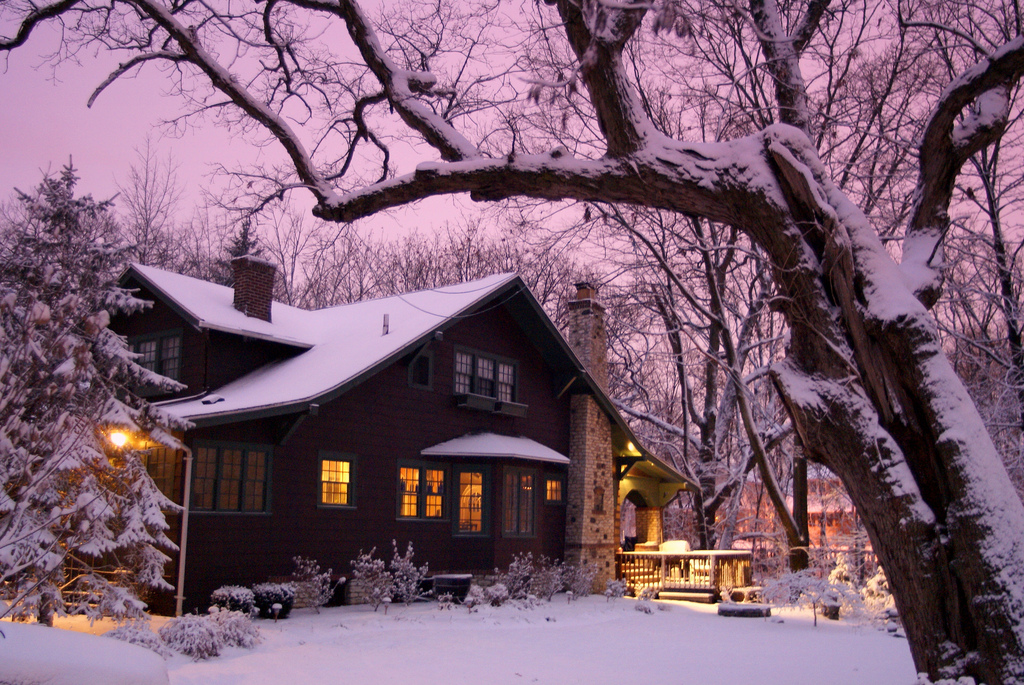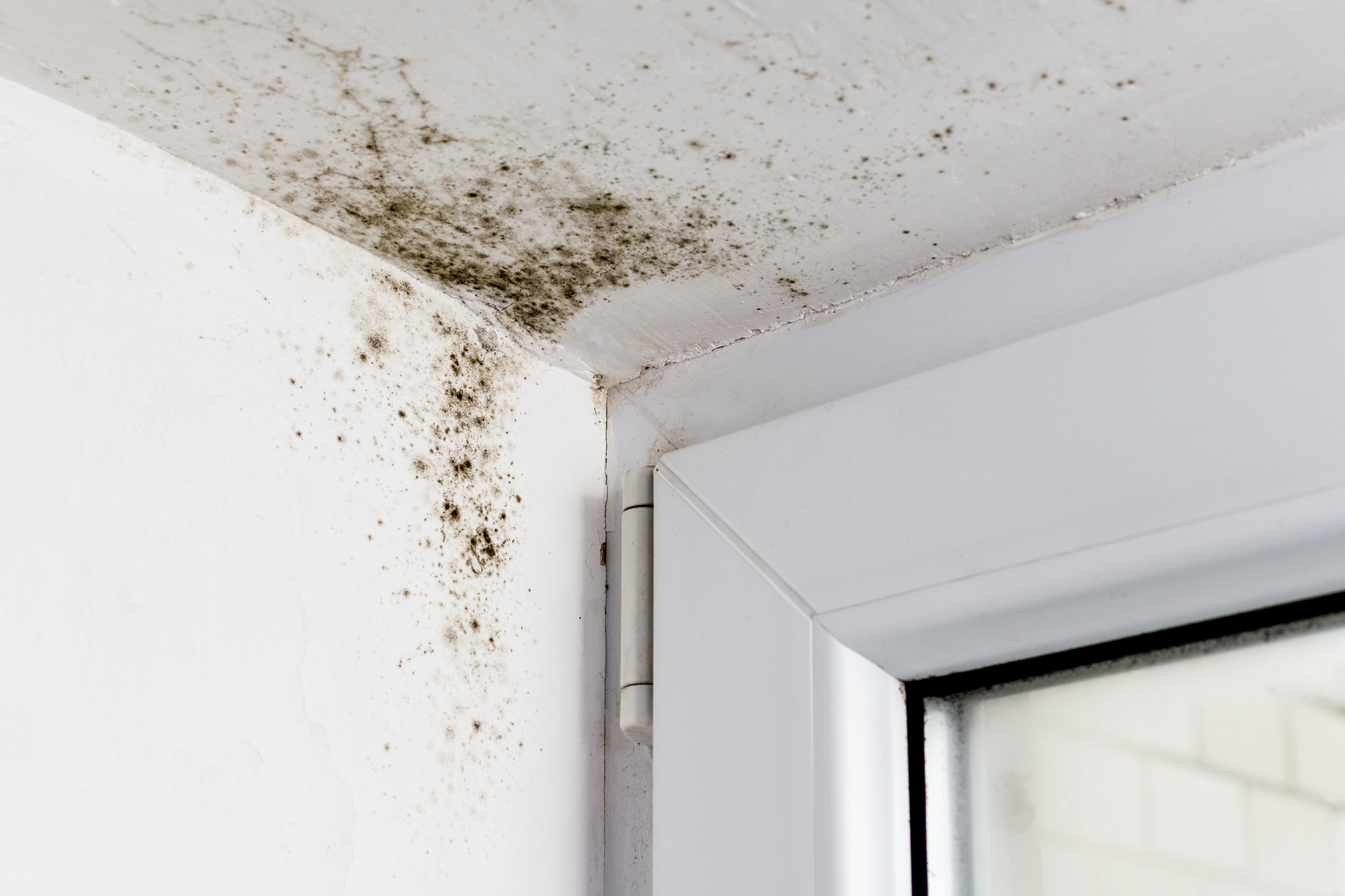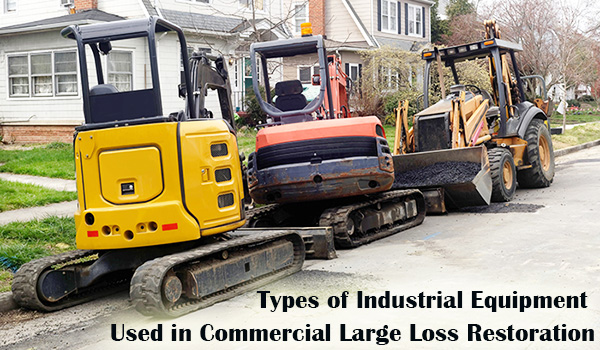How Weather Affects HVAC Efficiency
With winter just around the corner and rising energy costs, HVAC companies are scrambling to make their systems more efficient and less expensive. On the other hand, investing in a more efficient system can still save on energy costs in the long run, better than a furnace, heat pump, or air conditioner that’s been working non-stop for the past 10 years.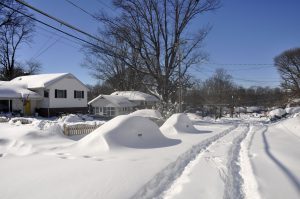
In addition, concerns for the environment can also be eased when purchasing a new system. Whether you are using electricity, natural gasNatural gas is a flammable fossil fuel composed mainly of me... More, or oil, the amounts consumed are likely to be a lot less than their older counterparts. If you really want to reduce your “carbon footprint,” investing in a newer HVAC system will provide some peace of mind.
But despite the factors you can control, such as its efficiency and use of resourcesResources include tools, personnel, equipment, and materials... More, you will always be battling the weather. Mild temperatures will be easier to handle of course, but the brutal months of winter and summer will put a beating on any HVAC system. This is not to mention humidityHumidity is the amount of moisture or water vapor present in... More levels that will have another significant impact on its efficiency.
How Temperatures Affect HVAC Efficiency
While you can get away with not having to use the HVAC system during the spring and early fall, extreme temperatures will significantly impact its efficiency. They may even impact your decision of deciding whether or not it is worth paying heftier bill.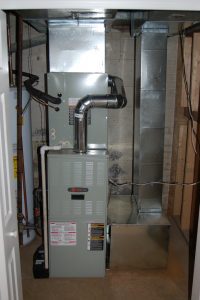
When measuring energy, each unit provides the same amount of heat or cooling regardless of how cold or hot it is outside. But it is the amount of energy units that will vary when turning on the system. For example, you will need more energy units during 90 degree temperatures than 65, but you will still feel the same result in both cases.
But this should seem obvious. It can be compared to hitting the gas on the car. You will use more gas when going 80 miles per hour compared to 45. But this is not to mention how many miles to the gallon will be used in the process. As long as the road doesn’t have any hills or bumps, you should have used the same amount of gas in mile 50 as mile 100.
But when you start adding variations, like hills into the equation, you will definitely notice a difference in the amount of gas consumed after arriving at the destination. The same goes with the HVAC system – you will use more energy during high and low temperatures to get the same result.
Humidity and HVAC Efficiency
HumidityHumidity is the amount of moisture or water vapor present in... More is another problematic factor that can impact the HVAC’s efficiency. You can use dehumidifiers and humidifiers, but this will offset the efficiency in a new HVAC system, because it is working in accordance to humidityHumidity is the amount of moisture or water vapor present in... More levels outside. There is also a myth that humidifiers can be substituted for heating and dehumidifiers for cooling. They work similarly to furnaces and air conditioners, but will use more energy in the process and will not achieve the same result.
Heating and Cooling Efficiency with Humidity
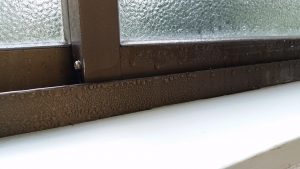
Both furnaces and air conditioners are just parts of the HVAC system. When turning them on, they will have a big impact on the humidityHumidity is the amount of moisture or water vapor present in... More levels within the home. In addition to providing the property with fresh, cool air, it uses the indoor moisture to cool the air. This will also create drier conditions, resulting in a cool home or building, regardless of the temperature set on the system.
But during humid conditions outside, the A/C system will spend more energy units to transport the moisture from the home to outside. More energy is needed to not only change the temperature, but to make it feel cooler in the home or building. Just like the car going up a mountain, the A/C is working harder to push out more moisture in order to achieve the same result; the system is less efficient.
And furnaces are different, but you get the opposite problem. As cold air doesn’t contain as much moisture, dry air is more difficult to heat. But even after the optimal temperature has been reached, it can still feel cold because there is less humidityHumidity is the amount of moisture or water vapor present in... More in the air.
Broken Heaters and Air Conditioners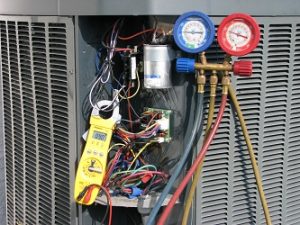
Now what’s even worse is when the heater and air conditioners have stopped working because they are overworked! Not only was the system slow and inefficient to heat or cool the home or building, things can’t get much worse when it breaks! But they all say that when you’ve hit rock bottom, the only way to go is up.
The experts of Torrey’s Peak Mechanical in Denver can leadLead is a heavy metal that can be toxic to humans, especiall... More the way with both furnace and A/C repair. Available 24/7 for emergencies, these experts have over 30 years of experience in repairing furnaces, air conditioners, air ducts, and other areas of the HVAC system.
Even if you have noticed poor results within the system, call these professionals right away for A/C or furnace repair and they will schedule an estimate or start the repairs immediately. Finally, you can look forward to relaxing in a well heated and cooled home during extreme temperatures again.










